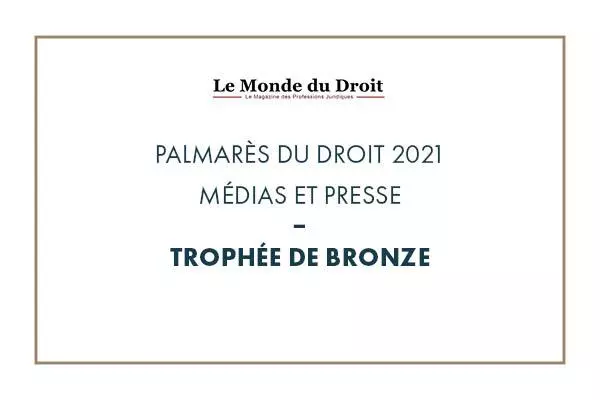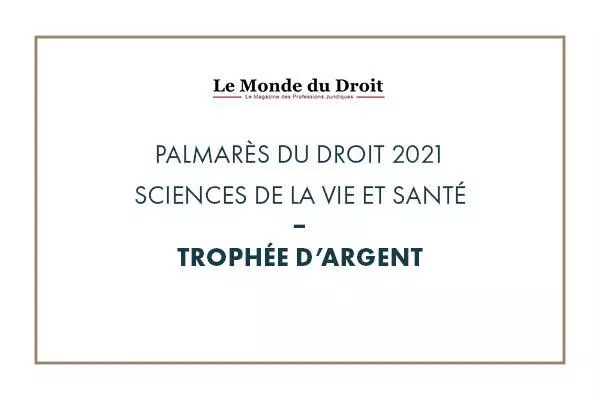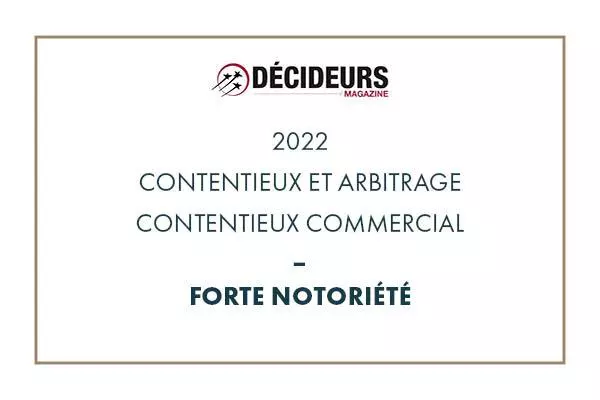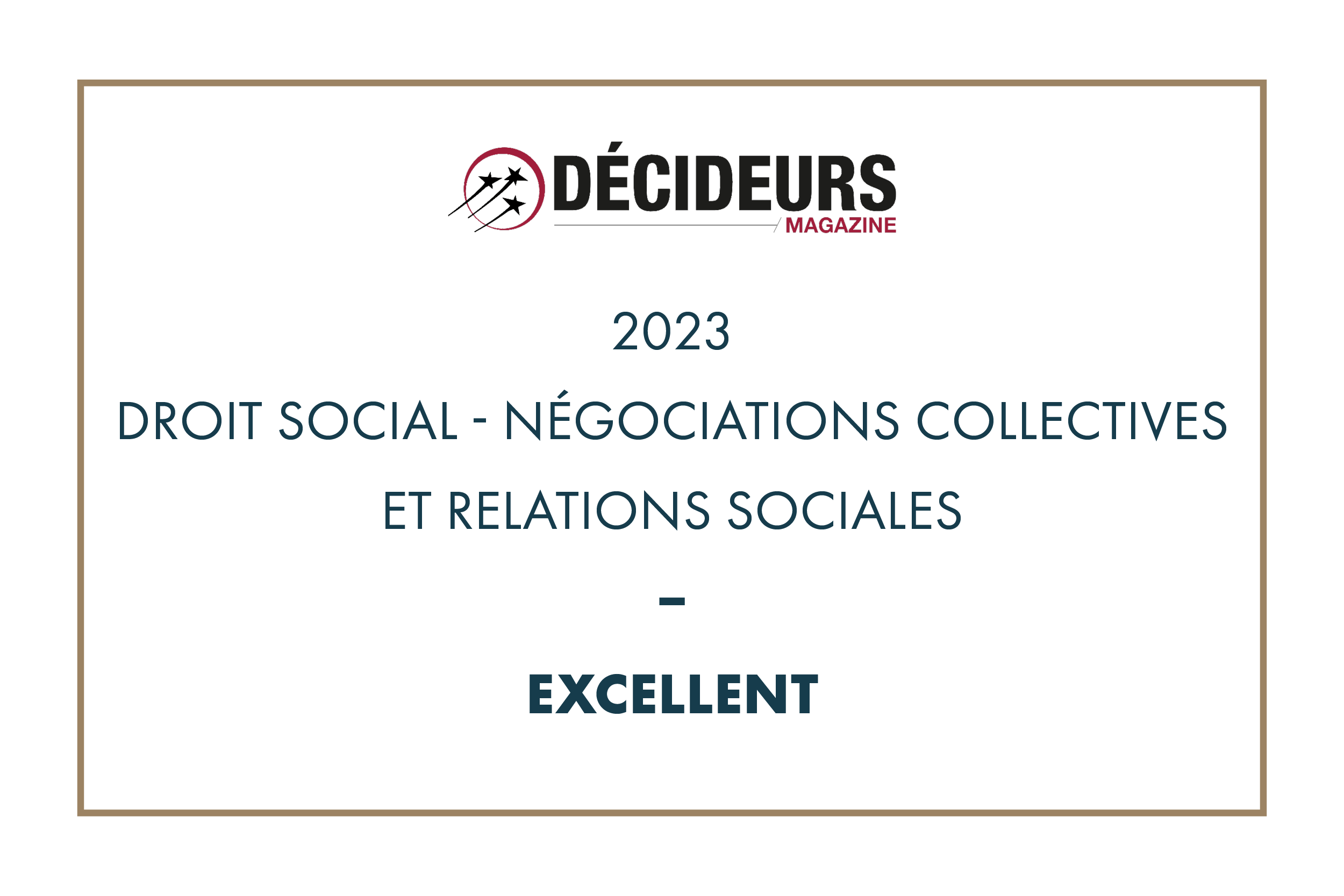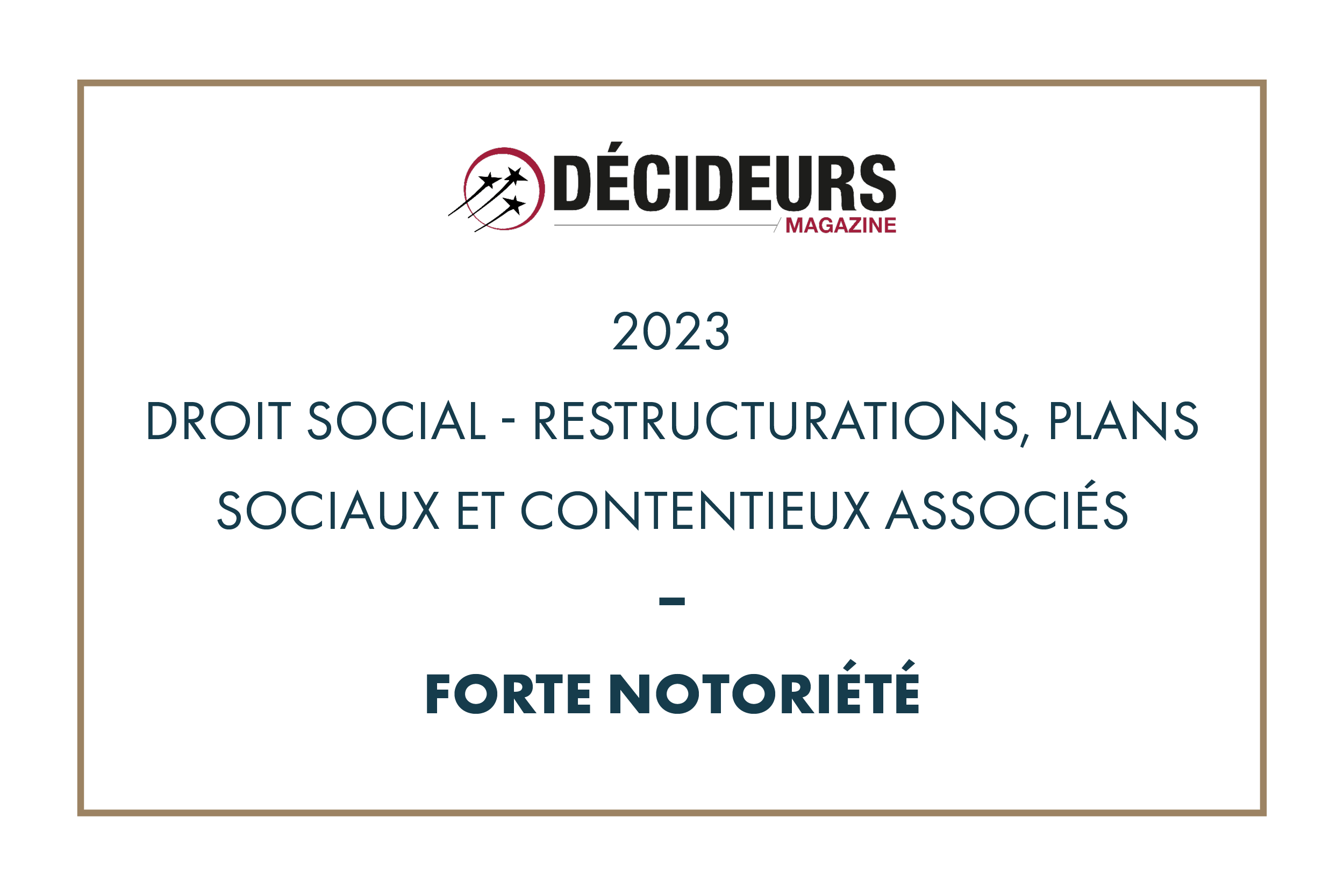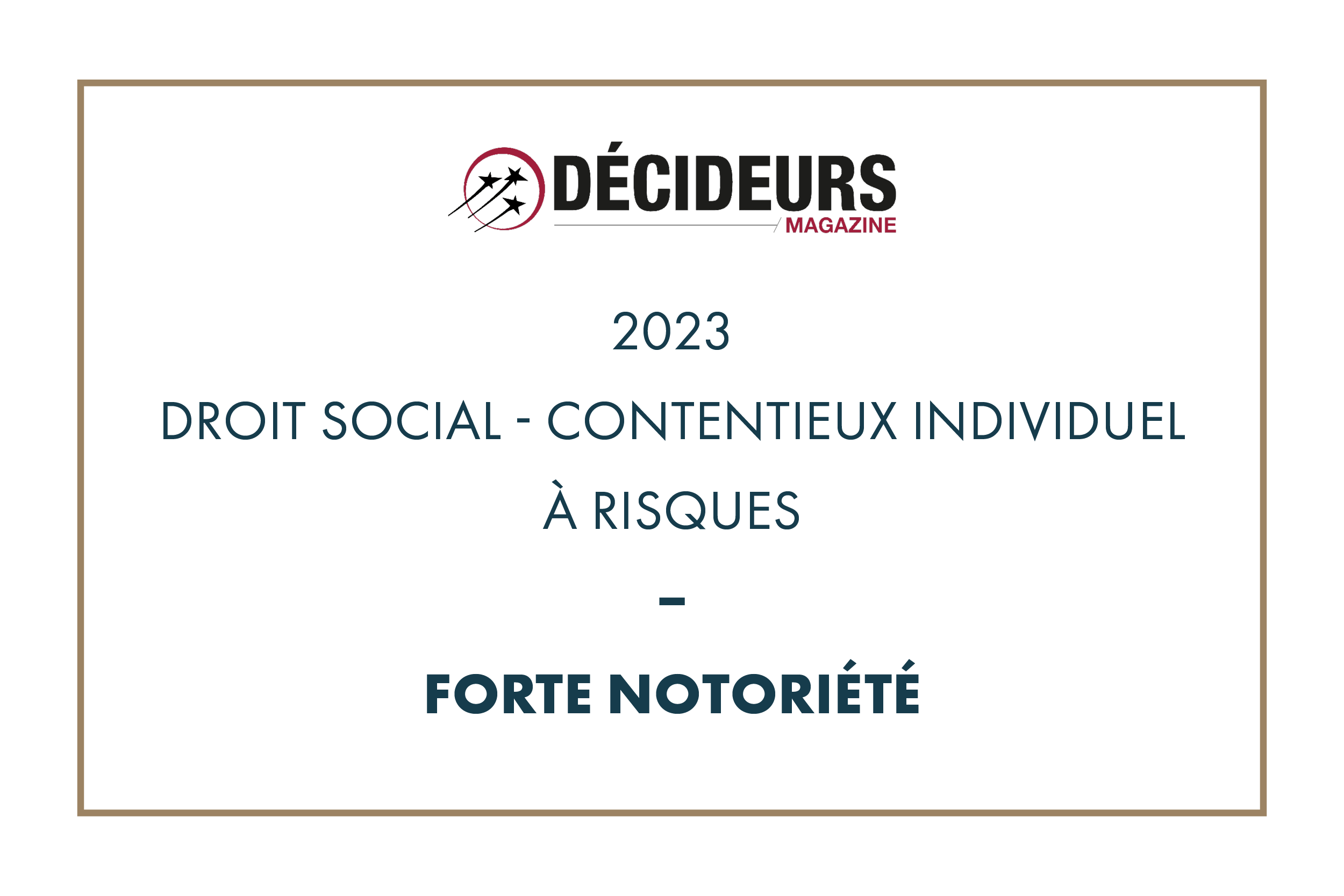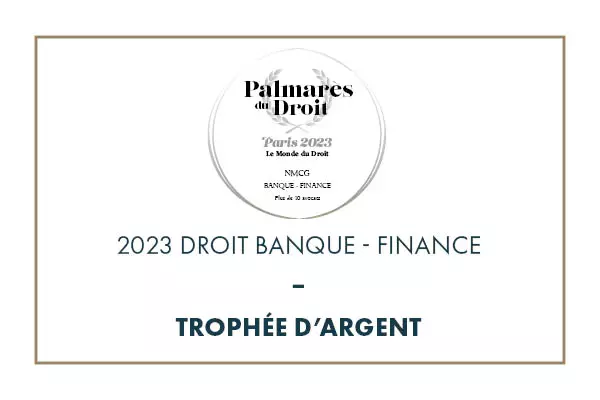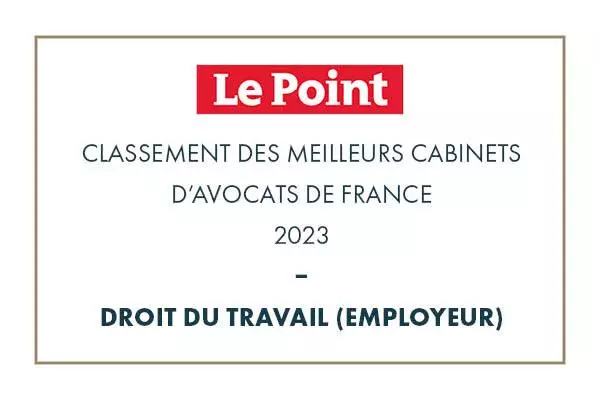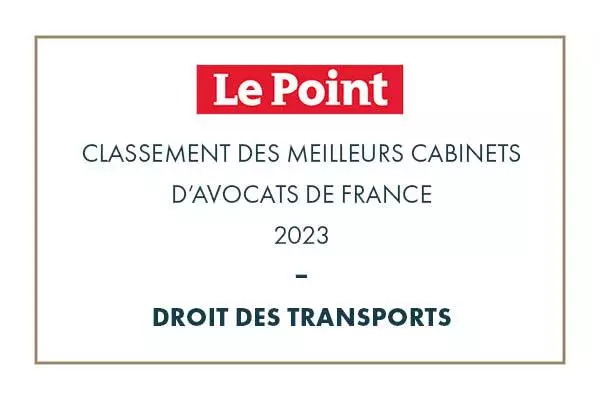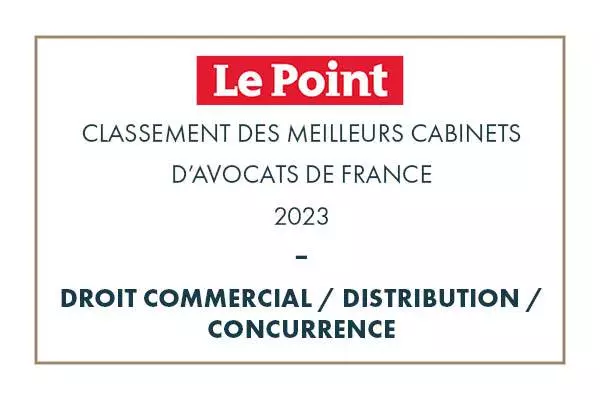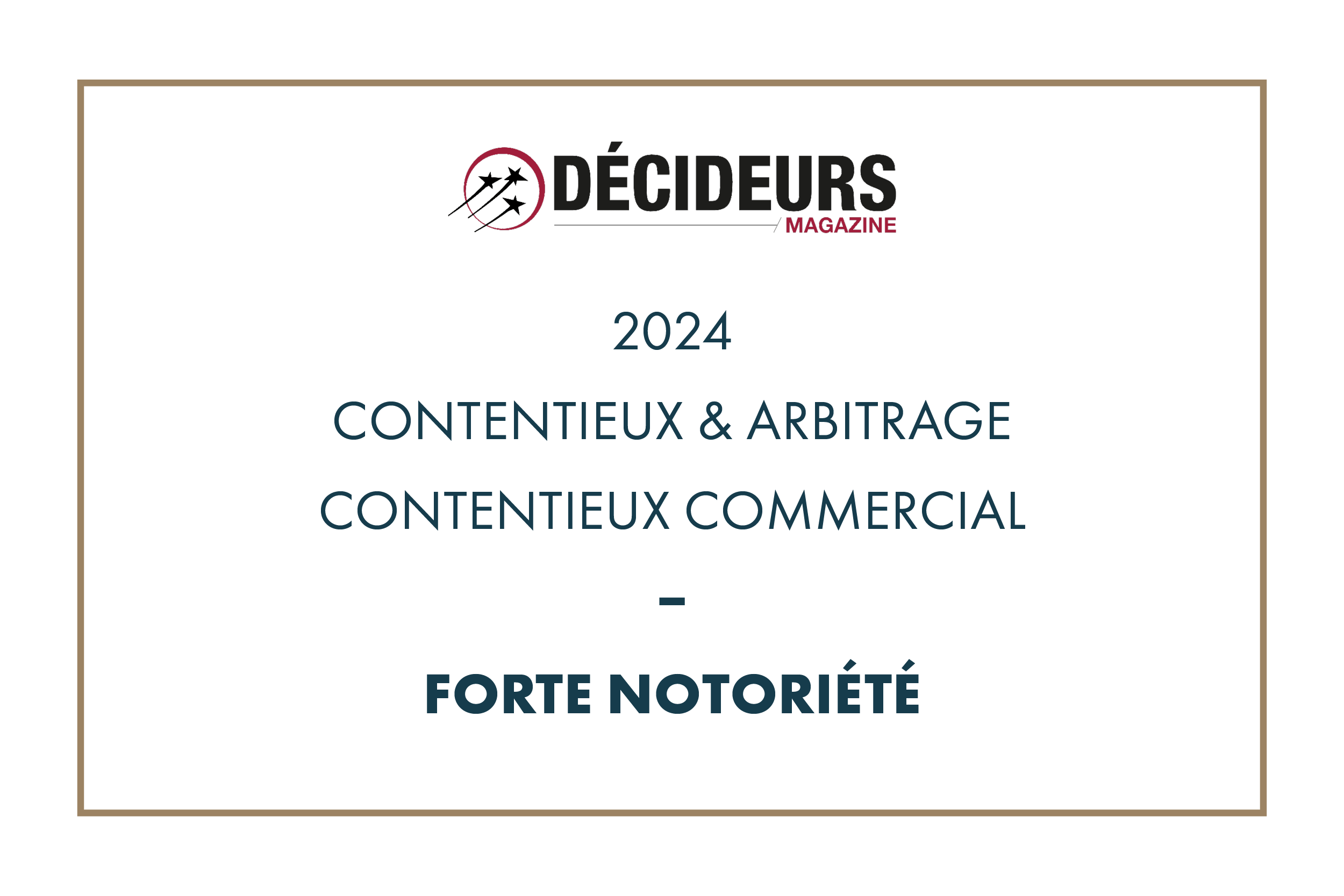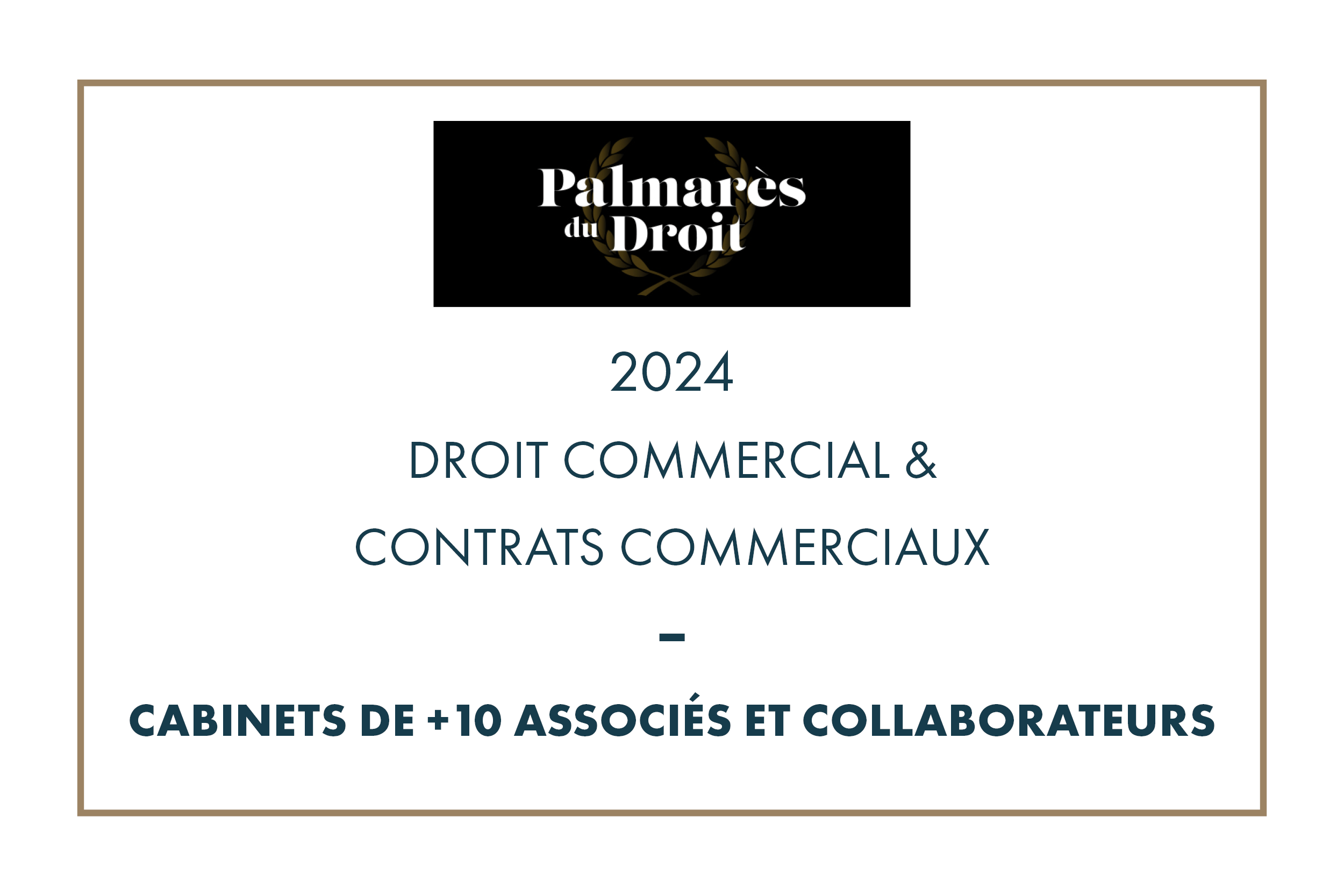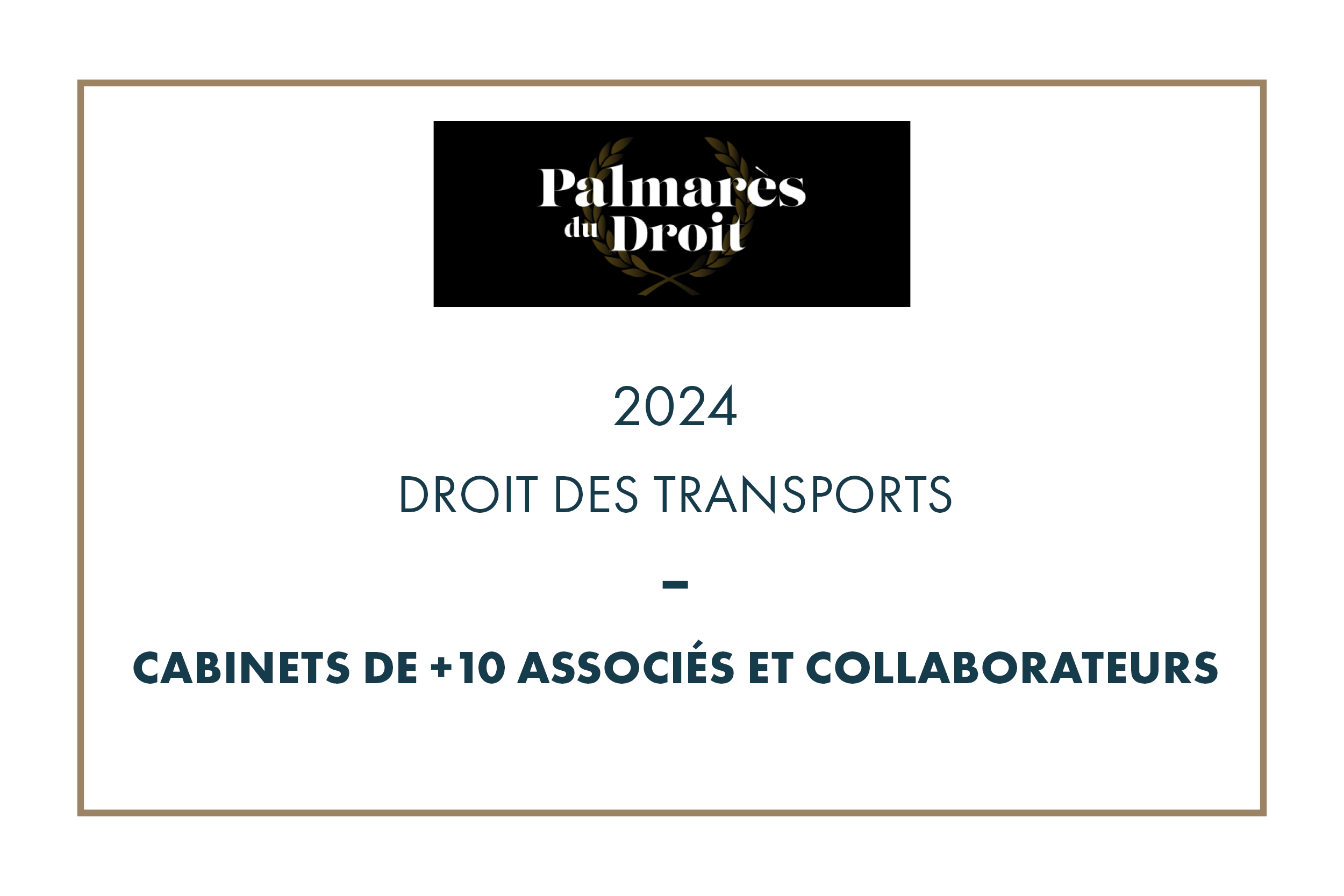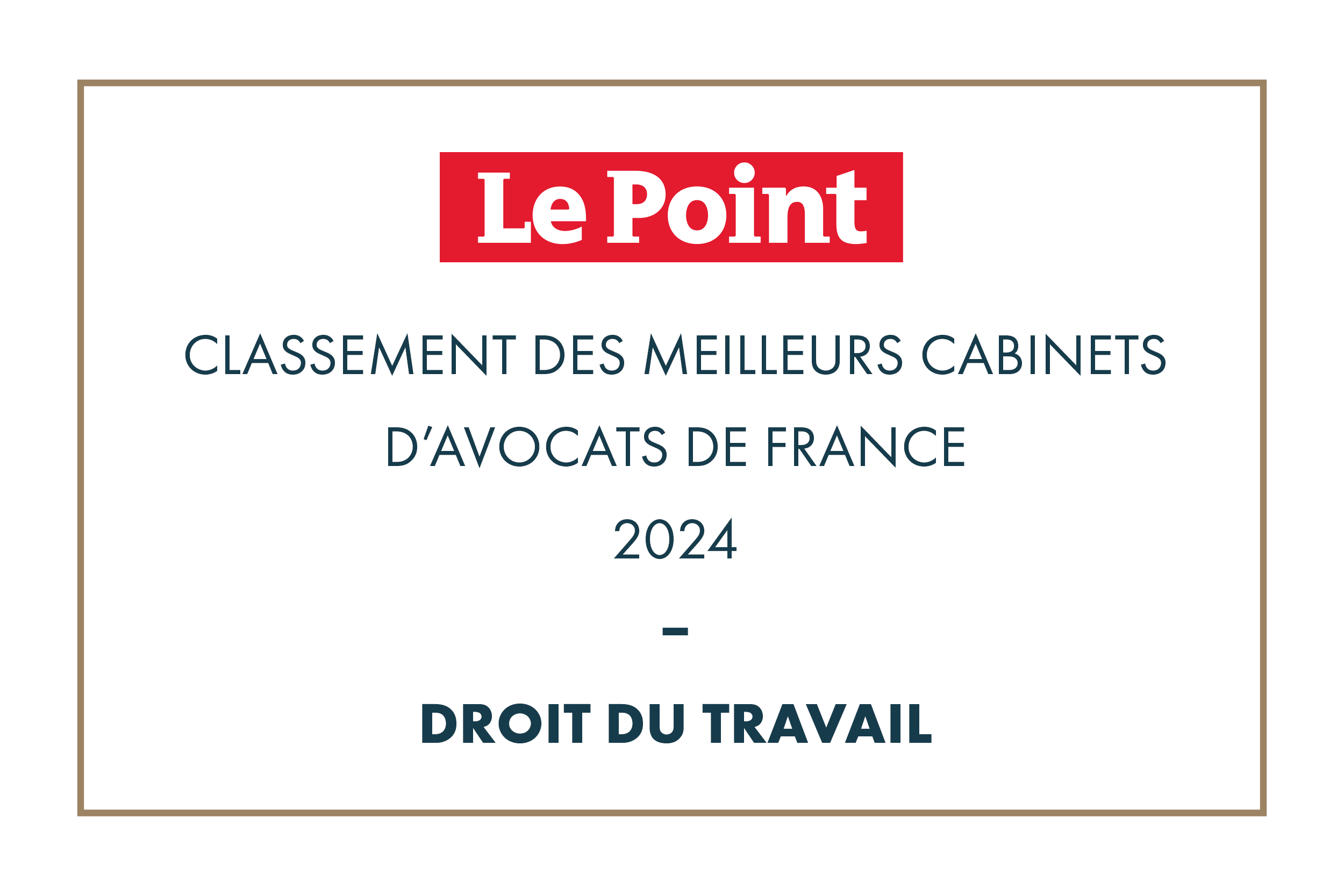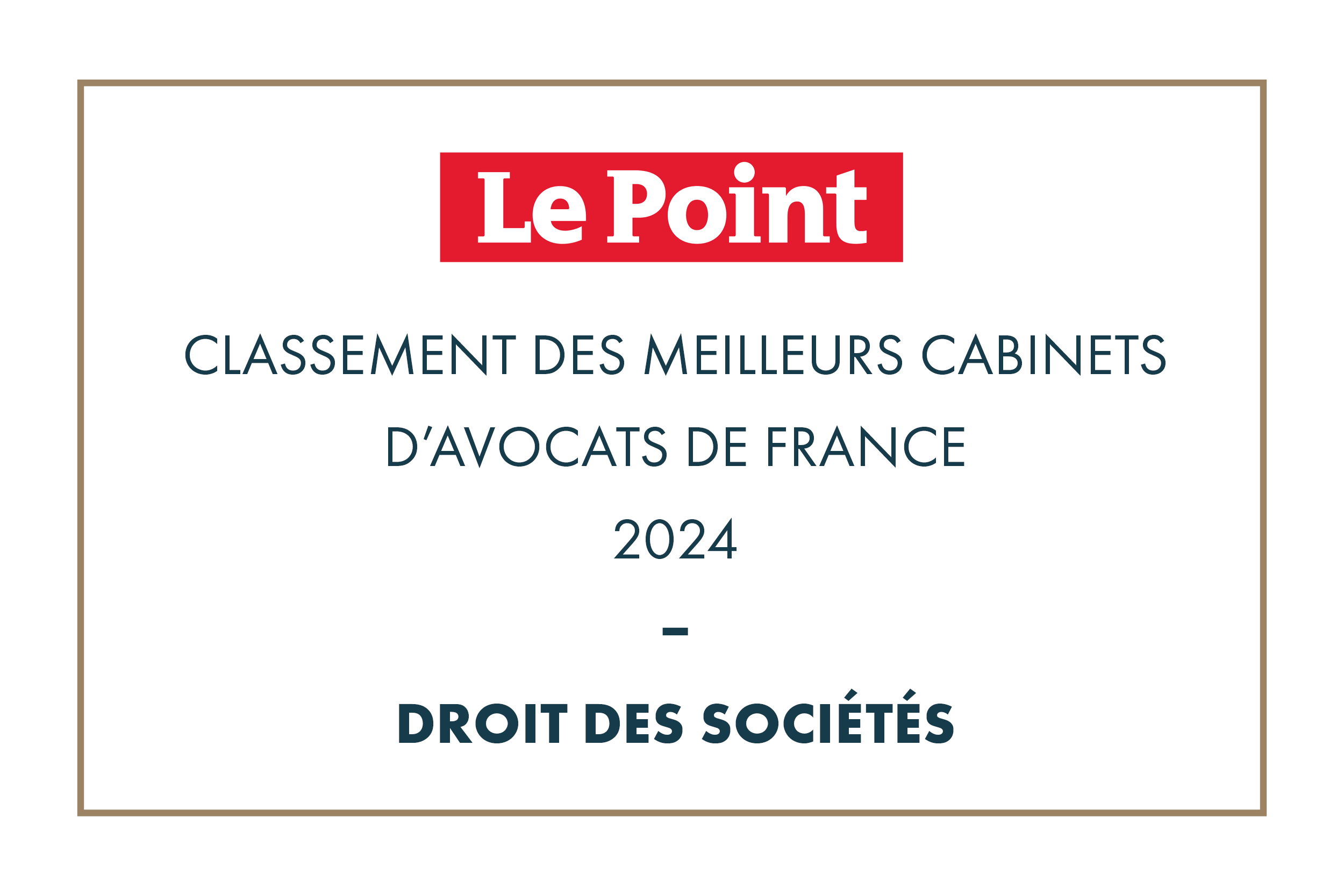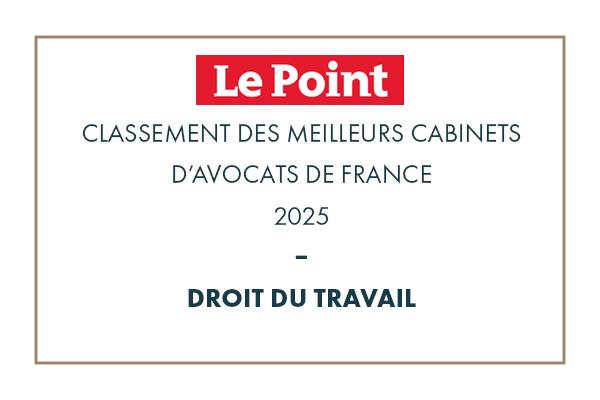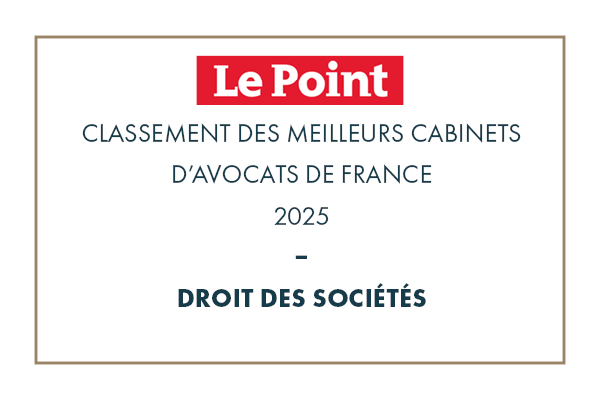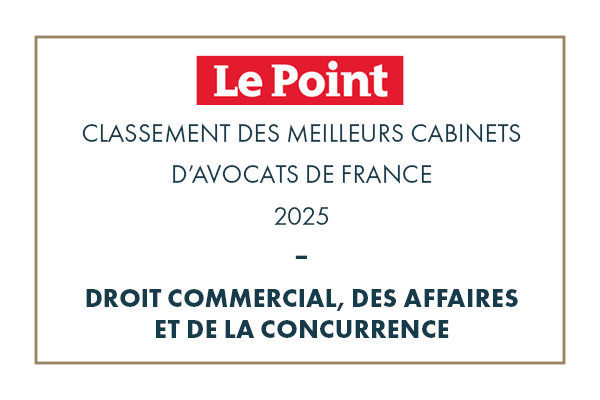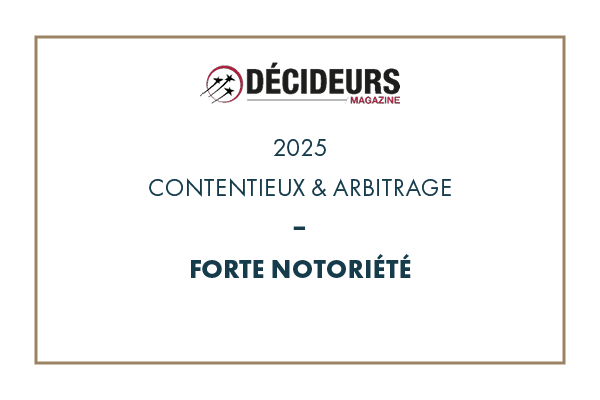Lawyer profile : Claire Peroux
31 May 2023
How would you describe your approach to providing legal advice to companies in the HCR sector?
Each time, I try to present the potential risks of a given choice or project to the employer-client, and then integrate the practical aspect to establish a benefit/risk balance with the client, which I believe should be the basis for decision-making.
If you didn’t practice law, what profession would you have chosen?
A doctor perhaps, or at least a profession that demands precision and rigor and in which you feel useful.
What are the most satisfying and most challenging aspects of your job?
Feeling useful and listened to is what motivates me the most / the mental load that can be heavy in periods of very high activity (particularly for me during the summer and winter seasons) because the issues are mixed without being completely the same and I’m not immune to a mistake, so vigilance is incessant.
How do you deal with stress and pressure?
I organize myself as well as possible: I deal with my e-mails on a daily basis to avoid a backlog, I deal with consultations within 48 hours maximum for the same reasons, I delegate to my collaborator, I set reminders on dates far enough in advance to have the impression of always having time!
What’s the difference between labour law and social law?
In reality, social law encompasses labor law and social security law, so it’s a misnomer to say that social law and labor law are one and the same.
What are the main issues raised by the companies/groups that come to consult you?
The organization of working hours to increase flexibility while minimizing overtime and the whole individual sphere (upstream risk management through the drafting of contracts and disciplinary measures).
What do you see as the main changes in the role of the lawyer?
Day-to-day support and advice to defuse any risk of dispute, and training to develop negotiation skills.




















